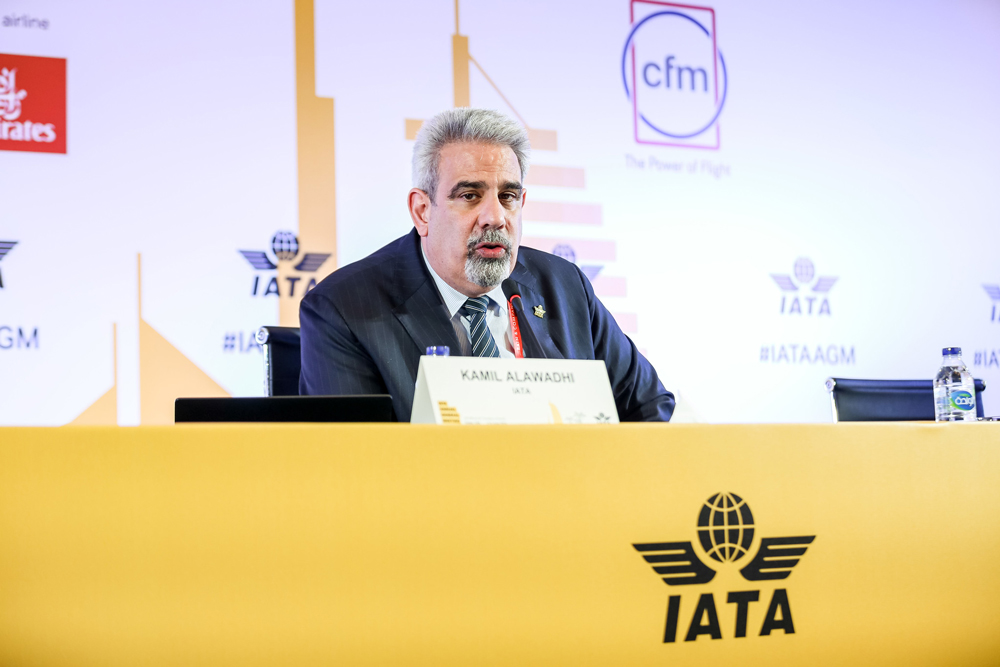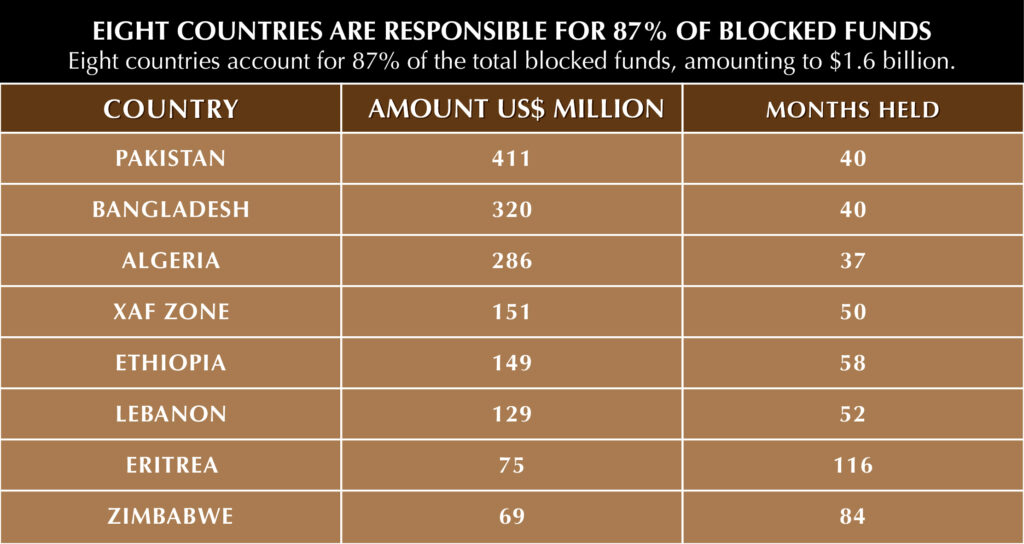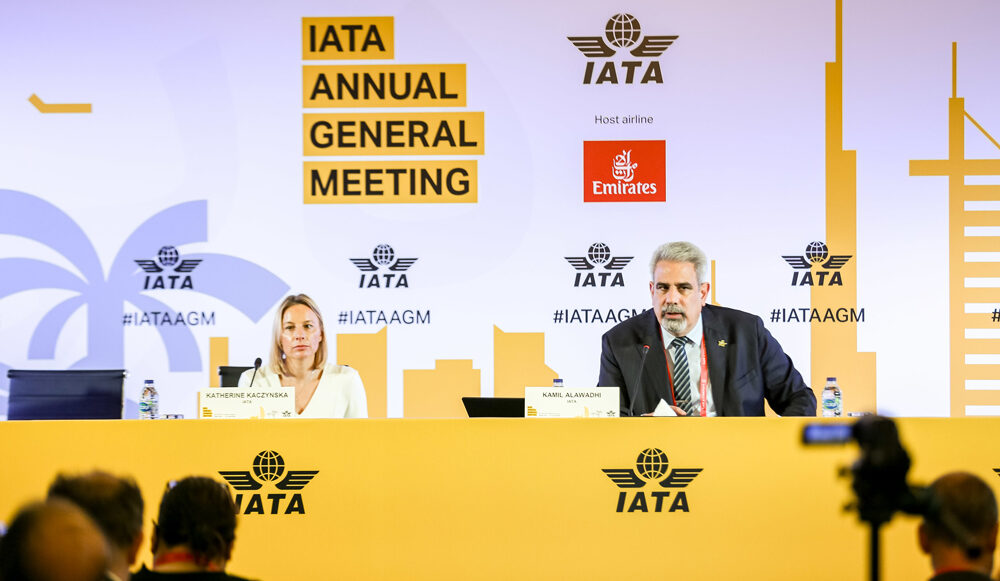Dubai, UAE – The International Air Transport Association (IATA) has announced a significant reduction in the amount of airline funds blocked from repatriation by governments, with a 28% decrease noted since December 2023. By the end of April 2024, the total blocked funds stood at approximately $1.8 billion, a reduction of $708 million.
IATA has emphasized the importance of removing all barriers that prevent airlines from repatriating their revenues from ticket sales and other activities, in line with international agreements and treaty obligations. “The reduction in blocked funds is a positive development. However, the remaining $1.8 billion is significant and must be urgently addressed,” said Willie Walsh, IATA’s Director General. Walsh stressed that efficient repatriation of revenues is crucial for airlines, which operate on thin margins, to maintain economically critical connectivity.

Progress in Nigeria
A major factor in the reduction was the clearance of funds blocked in Nigeria. At its peak in June 2023, Nigeria’s blocked funds amounted to $850 million, which severely impacted airline operations and finances. Some airlines reduced their operations or temporarily ceased operations in Nigeria due to difficulties in repatriating revenues in US dollars. By April 2024, 98% of these funds had been cleared, leaving $19 million still undergoing verification by the Central Bank of Nigeria.
“We commend the new Nigerian government and the Central Bank of Nigeria for their efforts to resolve this issue,” said Walsh. He highlighted the benefits of reliable air connectivity for both individuals and the economy and urged the government to clear the remaining $19 million.
Eight countries are responsible for 87% of blocked funds
Eight countries account for 87% of the total blocked funds, amounting to $1.6 billion.

Challenges in Pakistan and Bangladesh
Despite progress in some regions, the situation remains critical in Pakistan and Bangladesh, where airlines are unable to repatriate $731 million of revenues ($411 million in Pakistan and $320 million in Bangladesh).
“Pakistan and Bangladesh must release the $731 million in blocked funds immediately to ensure airlines can continue providing essential air connectivity,” said Walsh. He pointed out that in Bangladesh, the Central Bank needs to prioritize aviation’s access to foreign exchange according to international treaty obligations. In Pakistan, efficient alternatives are needed to the current system of audit and tax exemption certificates, which cause significant processing delays.
IATA continues to advocate for the removal of barriers to the repatriation of airline revenues to support the global aviation industry’s financial health and operational sustainability.















